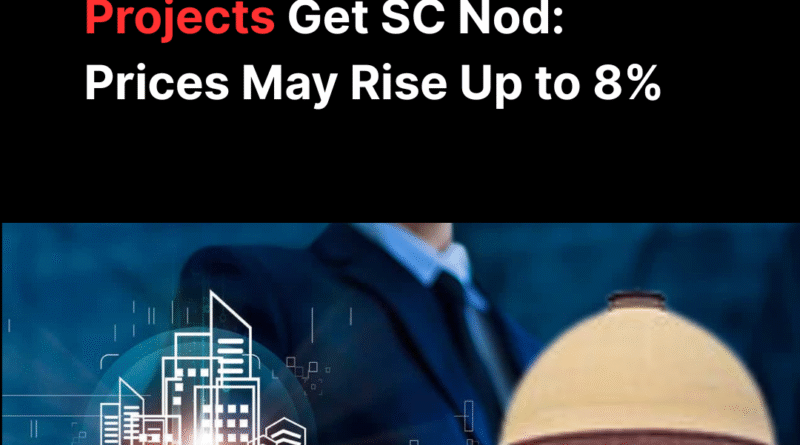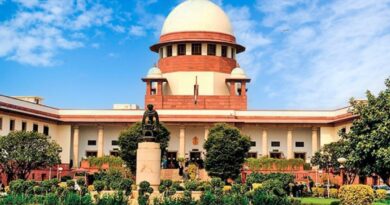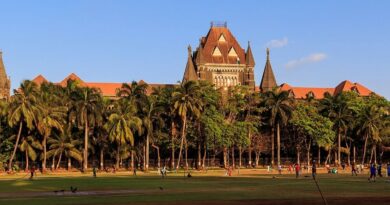500 Stalled Housing Projects Get SC Nod: Prices May Rise Up to 8%
In a significant relief to thousands of homebuyers, the Supreme Court has allowed the revival of nearly 500 stalled housing projects in the Mumbai Metropolitan Region (MMR) and Pune.
The ruling came in the case NGO Vanshakti vs Union of India, where the apex court confirmed that the State Environment Impact Assessment Authority (SEIAA) and State Expert Appraisal Committee (SEAC) will remain the competent bodies for project-level environmental clearances.
Earlier, in August 2024, the National Green Tribunal (NGT) had restricted SEIAAs from approving large real estate projects (over 20,000 sq m) within 5 km of ecologically sensitive areas. Developers had to seek approvals from the central Ministry of Environment, Forest, and Climate Change (MoEFCC), which led to long delays.
This impacted several projects near sensitive zones such as:
- Sanjay Gandhi National Park (SGNP)
- Tungareshwar Wildlife Sanctuary
- Karnala Bird Sanctuary
Without these approvals, many builders could not get commencement certificates or MahaRERA registration, leaving residents in limbo—often with demolished old buildings but no progress on construction.
Supreme Court’s Key Directions
- State bodies will grant clearances – SEIAA and SEAC will continue as competent authorities, avoiding unnecessary central-level delays
- No overlapping jurisdictions – The court struck down parts of 2014 and 2016 notifications that suggested setting up an Environmental Cell under local authorities.
- Uniform rules for all projects – No special exemptions for certain building types; environmental norms will apply equally.
Impact on Homebuyers & Market
With this decision, redevelopment work and delayed construction can now resume, bringing relief to families living in temporary accommodation and paying extra rent.
Industry experts expect a surge in new project launches in Mumbai, which may boost housing supply. However, prices of these previously stalled projects could rise by 7–8% due to holding costs and renewed demand.





